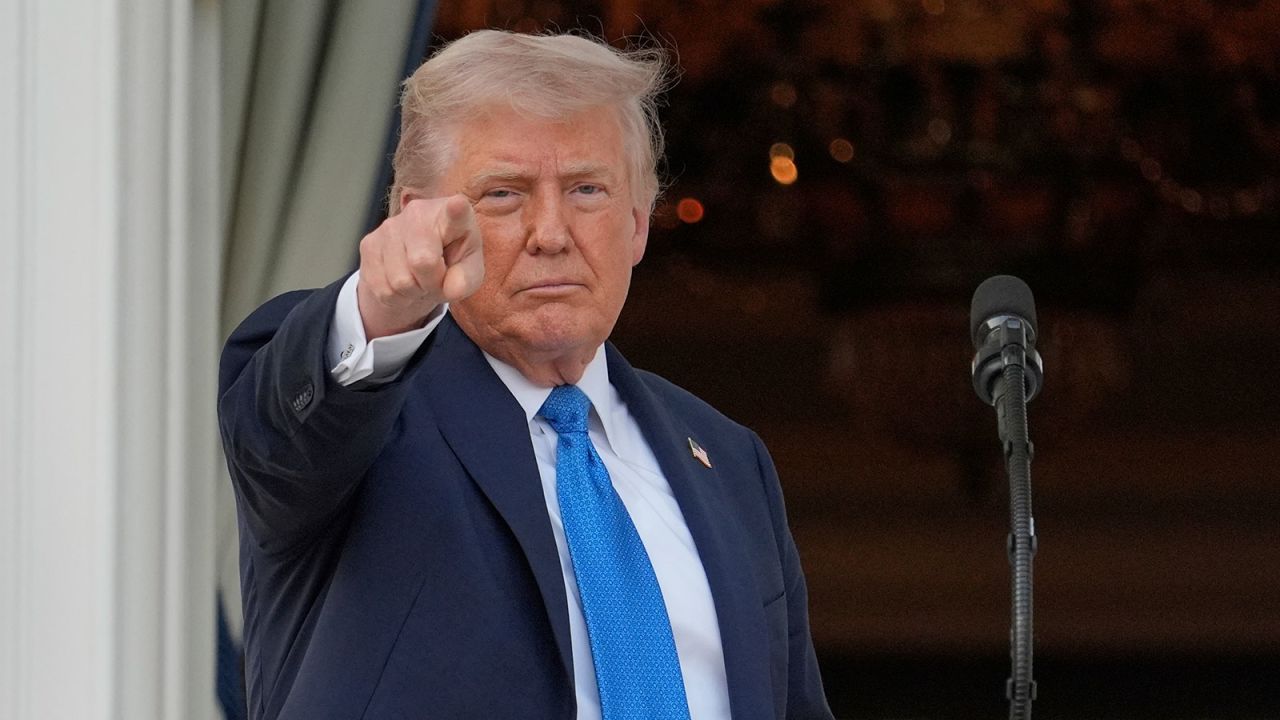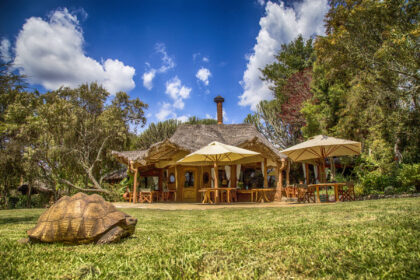At a Glance
- Trump’s 2025 travel ban affects seven African countries with full visa entry restrictions.
- Ban cites weak vetting and high security risks as justification for African travel curbs.
- Critics warn of diplomatic fallout and disruptions for African families and students.
In June 2025, U.S. President Donald Trump reinstated and expanded his controversial travel ban, targeting 12 countries—including seven African nations with a combined population of over 100 million.
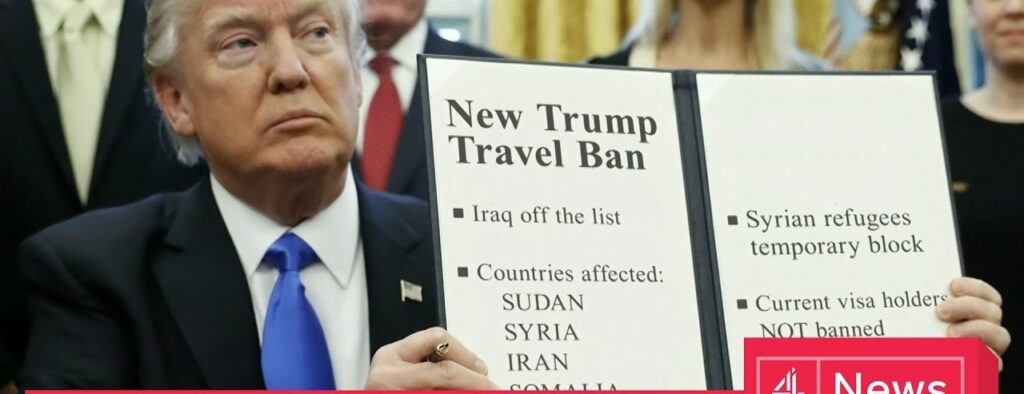
The affected African countries—Chad, the Republic of the Congo, Equatorial Guinea, Eritrea, Libya, Somalia, and Sudan—were cited by the White House as “deficient” in security vetting and posing a high risk to U.S. national security.
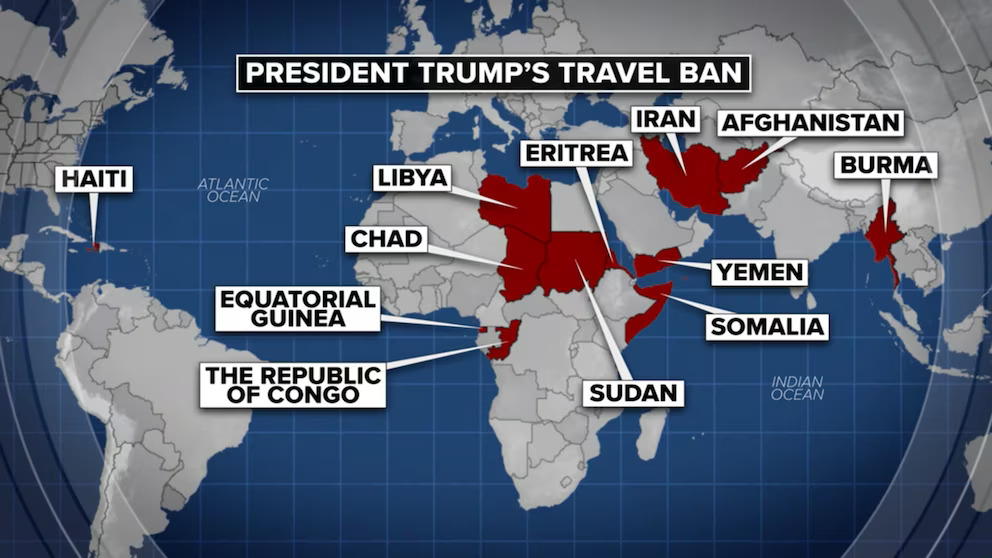
The measure, set to take effect at 12:01 a.m. Monday June 9, 2025, aims to pressure governments into tighter cooperation on immigration screening and counterterrorism. This latest travel restriction follows Trump’s earlier travel ban enacted during his first term, which was later reversed by President Biden in 2021.
The proclamation also imposes partial entry restrictions on nationals from Burundi, Cuba, Laos, Sierra Leone, Togo, Turkmenistan, and Venezuela. Exceptions to the full ban include lawful permanent residents, current visa holders, and individuals whose travel aligns with U.S. national interests.

Critics contend that the policy disproportionately targets African nations and risks straining diplomatic ties, while proponents argue it strengthens U.S. border security. The ban could impact millions of visa applicants, immigrants, and students, deepening uncertainty for families and institutions dependent on international mobility and collaboration.
Shore Africa has identified the seven African countries subject to this full travel ban:
1. Chad
Nature: full ban
Population: 19.32 million
Brief details: Chad faces a full U.S. travel ban over perceived shortcomings in information sharing and security vetting. The ban affects all visa categories, cutting off new travel or immigration opportunities for Chadian nationals. The decision may disrupt family ties, student exchange programs, and long-term plans for individuals seeking residency, study, or work in the U.S.

2. The Republic of the Congo
Nature: full ban
Population: 6.18 million
Brief details: The Republic of the Congo is among the African nations facing a full travel ban under Trump’s latest proclamation. U.S. officials cited poor compliance with security protocols. The ban blocks nationals from securing new U.S. visas, affecting families, business travel, and bilateral cooperation in health and education sectors between the two countries.

3. Equatorial Guinea
Nature: full ban
Population: 1.85 million
Brief details: Equatorial Guinea is subject to a full travel ban, which halts new visa applications from its citizens. The White House points to insufficient vetting standards and cooperation with U.S. immigration systems. The restriction could affect Equatoguinean students and professionals, particularly in oil and medical sectors, who regularly engage in transnational activities with U.S.-based institutions.
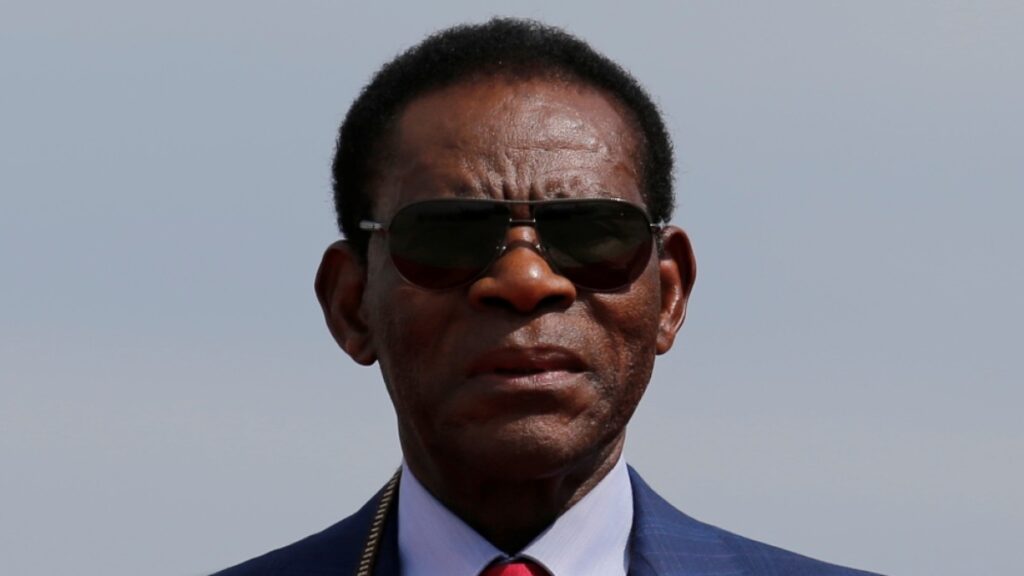
4. Eritrea
Nature: full ban
Population: 3.47 million
Brief details: Eritrea’s inclusion in the travel ban stems from inadequate documentation processes and security noncompliance. The full ban blocks all new visa applicants, further isolating Eritrean nationals already restricted under previous immigration measures. The policy may hinder Eritrean diaspora efforts to reunite with family or pursue academic and work opportunities in the United States.
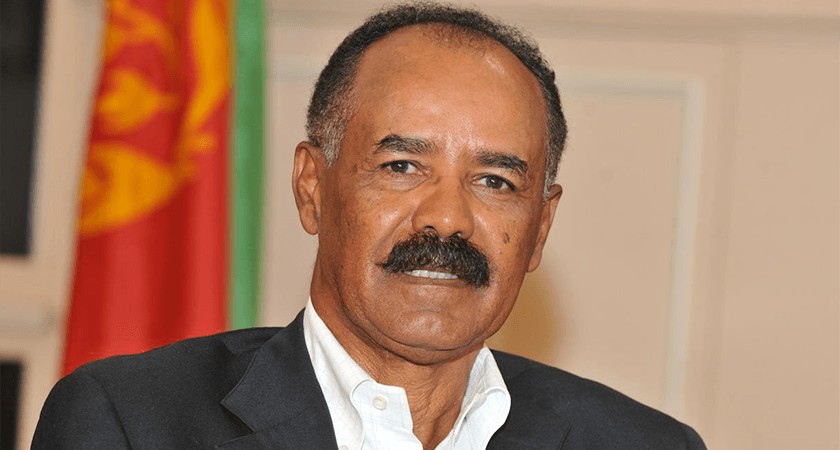
5. Libya
Nature: full ban
Population: 7.31 million
Brief details: Libya remains on the radar due to ongoing conflict and weak governmental oversight in vetting travelers. The full ban halts the entry of all Libyan nationals, severely impacting students, professionals, and asylum seekers. This restriction compounds existing travel limitations placed on Libya during Trump’s first term and reflects heightened U.S. security concerns.
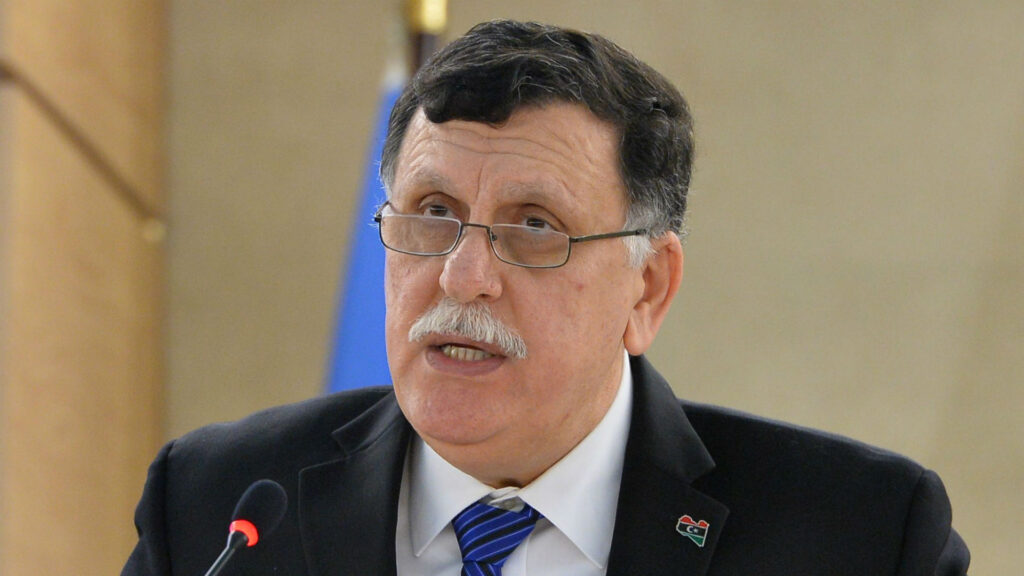
6. Somalia
Nature: full ban
Population:18.36 million
Brief details: Citing terrorism concerns and poor identity management systems, Somalia is again facing a full travel ban. The restriction blocks new immigrant and non-immigrant visa applications. This poses challenges for Somali-American families with relatives abroad and could slow humanitarian efforts by Somali professionals seeking to engage with U.S.-based aid organizations and institutions.
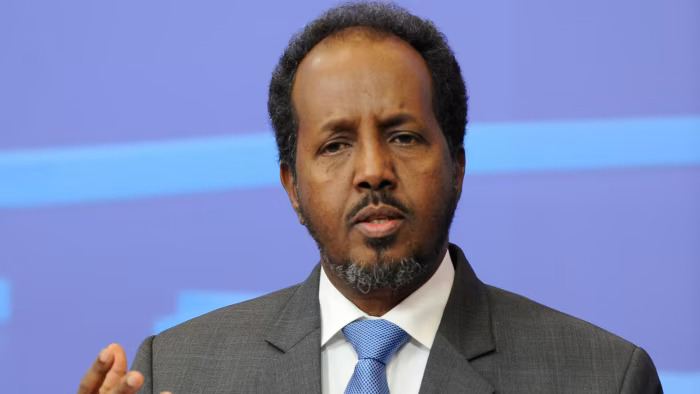
7. Sudan
Nature: full ban
Population: 50.04 million
Brief details: Sudan is subject to a full ban due to concerns about border management and document fraud. The restriction impacts all new U.S. visa applications from Sudanese nationals. This policy risks undermining progress in U.S.-Sudan relations post-sanctions and affects academic exchange, healthcare collaboration, and professional development among Sudanese hoping to study or work in America.


